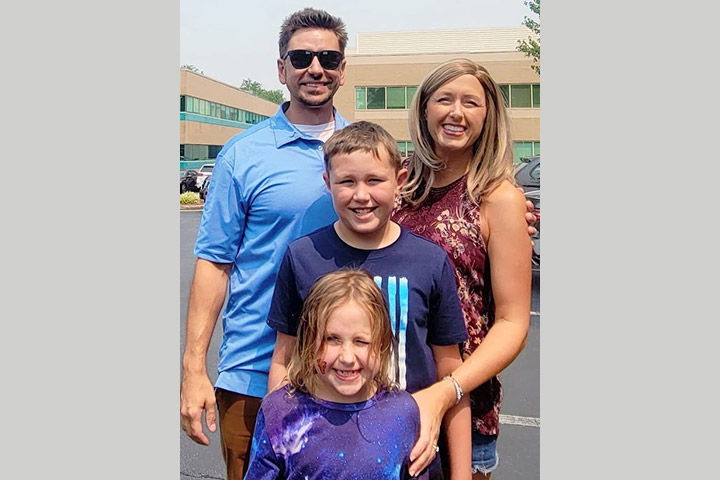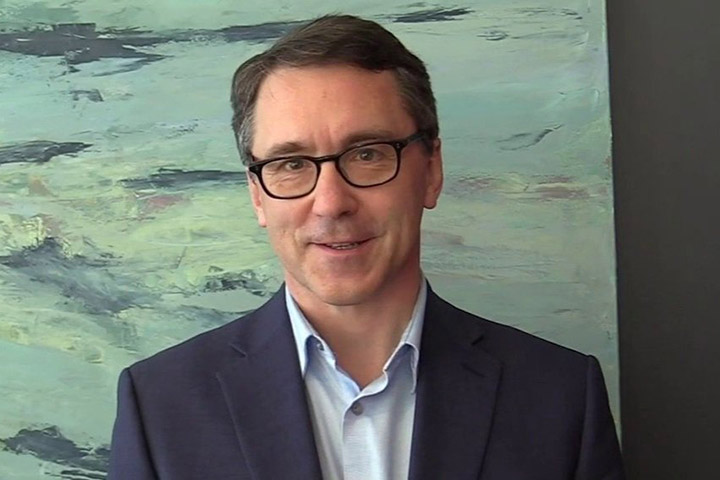The Rallying Remedy: The Value of Palliative Care

Cancer care is more than just chemotherapy and the quest for a cure.
Beyond extending life, care for cancer patients should help make that life worth living. It should provide relief from the symptoms, pain, and stress that are an inevitable byproduct of both the disease and the medical intervention.
How to get such support? Ask for palliative care!
What Is Palliative Care?
Palliative care is not just there to ease terminal patients through the final stage of their illness. It can provide an extra layer of support at any stage of disease. In fact, the American Society of Clinical Oncology now recommends that palliative care be an integral part of standard oncology practice, and that it be offered to all cancer patients shortly after diagnosis.
Many treatment centers offer palliative care programs. These are designed to address the varied needs of patients through teams of nurses, dieticians, physical therapists, psychologists, chaplains, and social workers.
Palliative Care During Treatment
You can have palliative care at the same time as treatment meant to cure you. It can be delivered anywhere: at home, in a hospital or nursing home, through outpatient care, or in any other setting. It is meant to help you carry on with daily life and improve your ability to go through medical treatments.
What sort of services can it provide?
- Relief of symptoms such as pain, shortness of breath, fatigue, constipation, nausea, loss of appetite, and difficulty sleeping
- Understanding of and support for your ability to cope with your illness
- Help you better understand your disease and diagnosis, and weigh the side effects of treatments against the symptoms of the disease itself
- Help clarify your treatment goals and options, giving you more control over your care and relieving some of the burden for your caregivers
- Coordinate with your other doctors
- Address practical concerns such as legal and financial matters, transportation, and employment issues
Cancer care also often involves a lot of tough conversations, and palliative care professionals can help you and your family caregivers through these talks.
Whether your goals are to aim for a cure, to prolong life, or to ensure peace and dignity throughout the illness and at the end of life, palliative care professionals can help you align your care to these goals.
When Anti-Cancer Therapies Take a Back Seat
According to Holly Prigerson, Ph.D., Director of the Center for Research on End-of-Life Care at Weill Cornell Medicine in New York City, palliative care can be extremely helpful for more than just patients.
Prigerson, the recent recipient of the 2018 Award for Excellence in Scientific Research in Palliative Care by the American Academy of Hospice and Palliative Medicine, is currently working on a project to address the post-traumatic stress experienced by surviving caregivers of advanced cancer patients in the ICU. Sedated, disoriented, or intubated, these patients often cannot communicate, and loved ones who do not know their wishes become overwhelmed by the decisions they have to make on their behalf. In some cases, they avoid the decisions altogether, meaning their loved ones get the default treatment, which can be aggressive, futile, and expensive.
In Prigerson’s EMPOWER program, family members are offered 15-minute sessions that include mindfulness exercises, education about end-of-life care, and decision-making role plays. This intervention has successfully helped many families through the difficult final stages of disease, and beyond.
Palliative care earlier in the course of cancer could help allay such fear and stresses even further. “The tough discussions should come earlier on, before it’s a medical crisis,” she says. But Prigerson cautions that supportive care has to be more than just physicians co-opting some nursing and psychologic practices. Leave the counseling to the professionals, she adds.
“The oncologist cannot be an expert in everything. There comes a time when the expertise of other professionals is required,” Prigerson says. “Psychological well-being, spiritual care, family dynamics—these are important domains that assume heightened significance and impact as your cancer progresses. After anti-cancer therapy options have been exhausted, and the disease progresses, other patient care needs escalate and warrant greater attention.”
No two patients have exactly the same needs, and those needs will likely change over the course of their illness. Prigerson advises that patients be proactive, especially in the absence of a formal palliative care program. By clearly describing their individual symptoms, problems, and challenges, they can work with a doctor or social worker to identify the support services suited to their particular needs.
“Speak up. Confronting serious illness is no time to suffer in silence. There is little virtue in pain and suffering for their own sake. Observing the ravages of disease may haunt surviving family members,” Prigerson says. “If you or a loved one is experiencing pain or discomfort, do make your clinicians aware of your symptoms and potential side-effects. Only once they are aware of your experience can they offer effective treatments to make you more comfortable.”
To find a hospital in your area with a palliative care team, visit the palliative care provider directory on the website Get Palliative Care.






